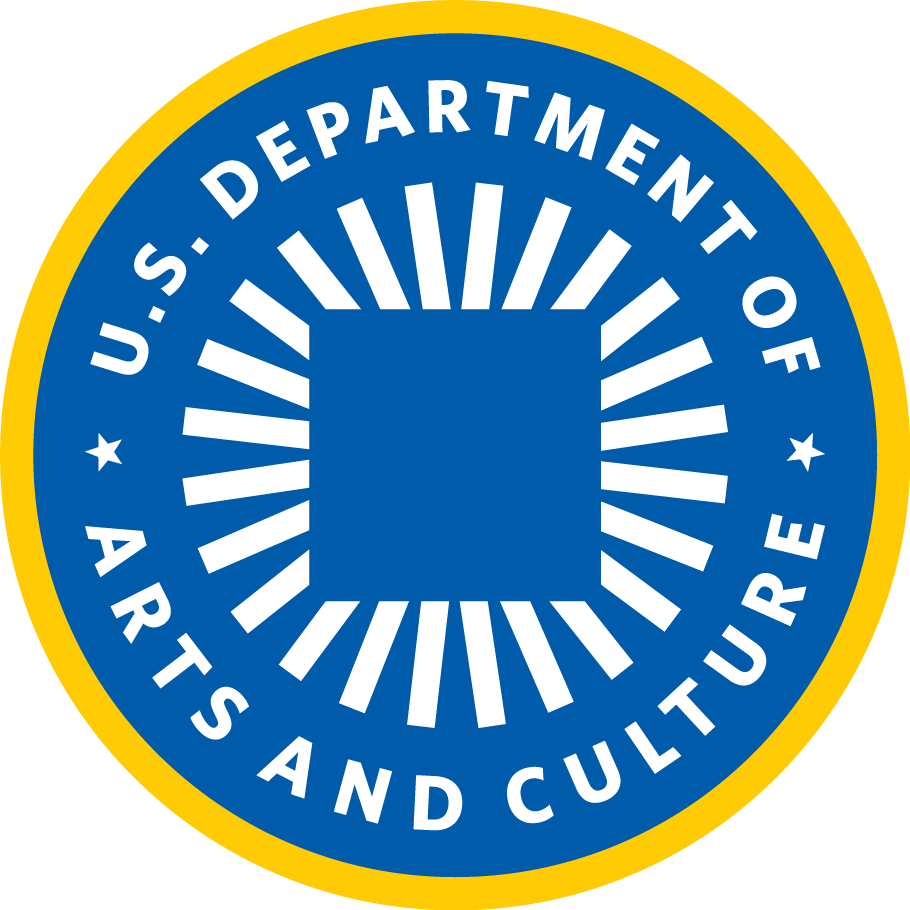From USDAC Cabinet Member, E. Ethelbert Miller, Minister of the Sacred Word
A few days ago President Obama delivered the State of the Union address before Congress. The State of the Union speech is the time when we listen to our President as if he was a teacher or doctor. The President takes the nation's pulse. At times he might recommend medicine that we should take in order to be well. The President is the person who warns us about what might be on the final exam and what we need to study and prepare for.
Often we want the President to tell us a story or share stories of people he might have met when stepping beyond the Oval Office. We want to know what's going on around our country. We want to be reminded about what it means to be American.
The building of our nation is a fascinating narrative. It's a tale of colonization, revolution, civil war, a Great Depression and many battles for freedom and equality. Out of many stories we attempt to construct one. But at times we struggle to form that more perfect union. We keep falling back into being a nation of blue and red states.
Still we are reminded by Howard Zinn that people make history. The President is one—we the people are many.
Across America, from today until January 30th, people will be meeting to share their stories.
There are a number of things we might first want to think about:
- Where do stories come from? Do they have a beginning and end?
- How important are stories in helping us to define who we are?
- Why do we need them?
- What is the connection between stories and history?
- How do stories change over time?
- Does the storyteller have a responsibility to the listener/audience and community?
- Are all the stories true?
- What happens when stories are banned or censored?
- Does everyone have a right to his/her story?
Story Circles are a way of building community. They should be built around mutual respect for one another. The sharing of a story creates a spiritual exchange and what we might define as spiritual solidarity. Key to storytelling is listening and responding.
In many places the Circle becomes a place for honest dialogue and a way of resolving conflicts. Hopefully it helps us who form the circle to begin the quest for a common language, to shape the impossible into the possible.
If a story is told well then one will witness the transformation of the individual. This is how change begins. It is the sharing of this change that results in social movements reaching a higher ground. If we fail there is no healing and our wounds remain open to be filled by the crimes of ugliness.
